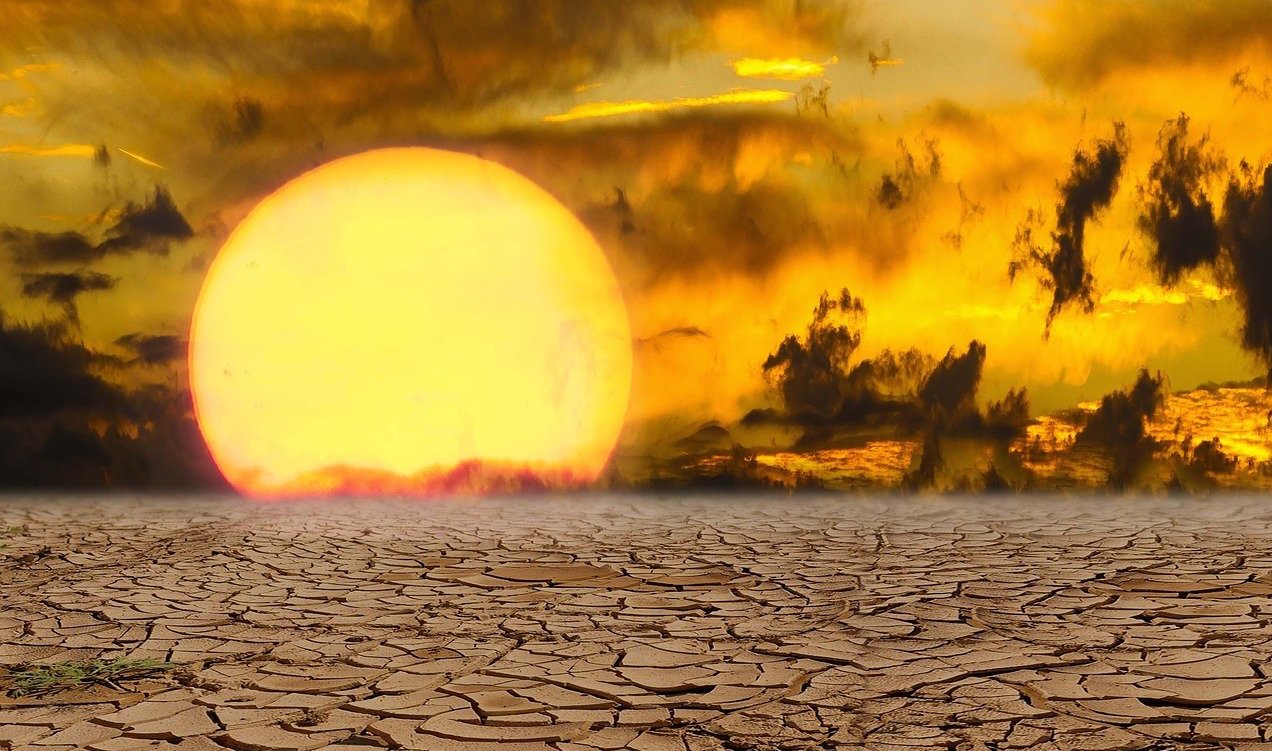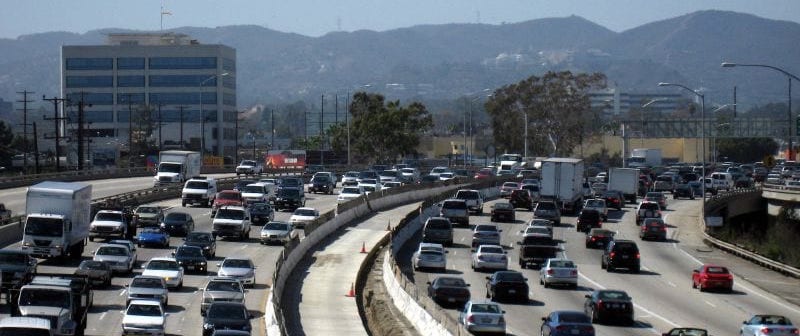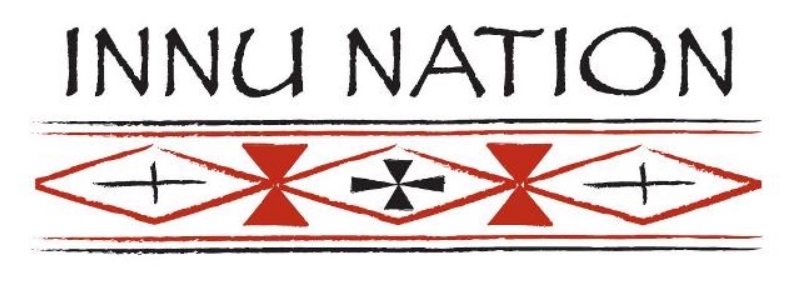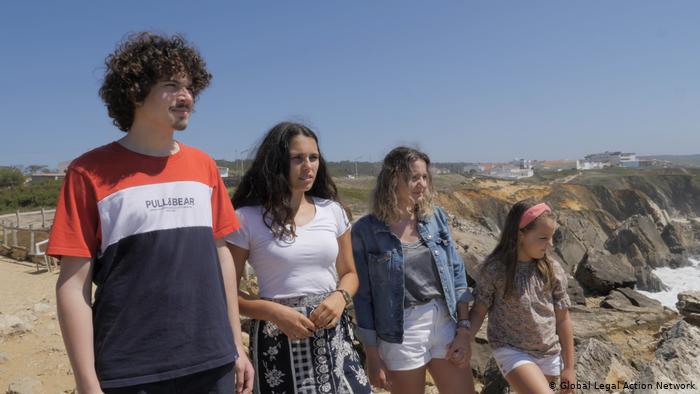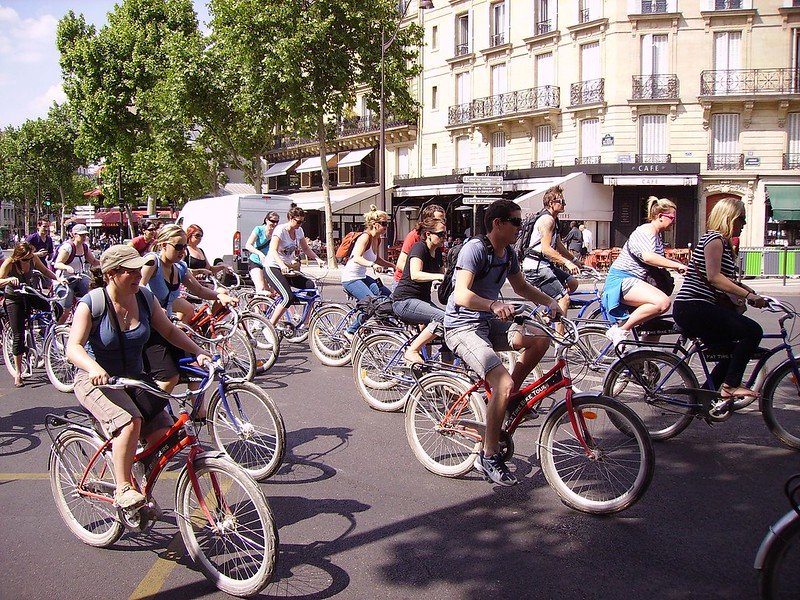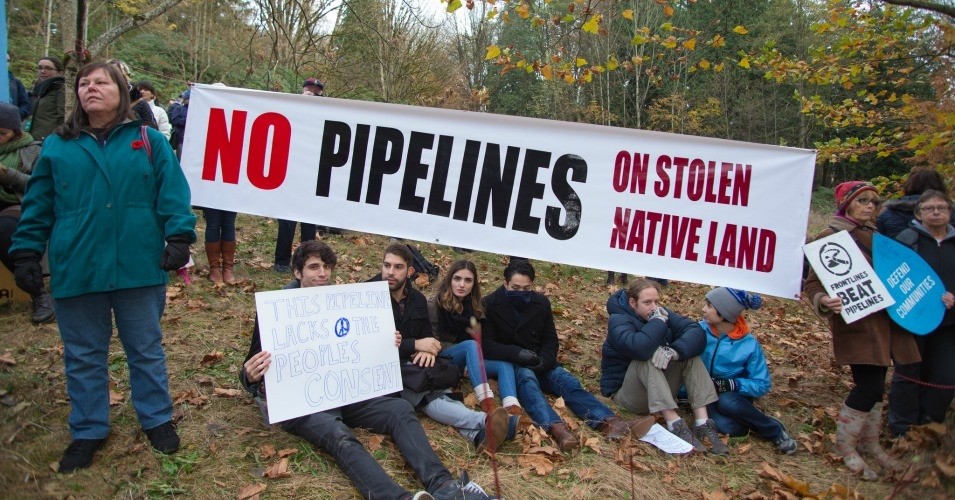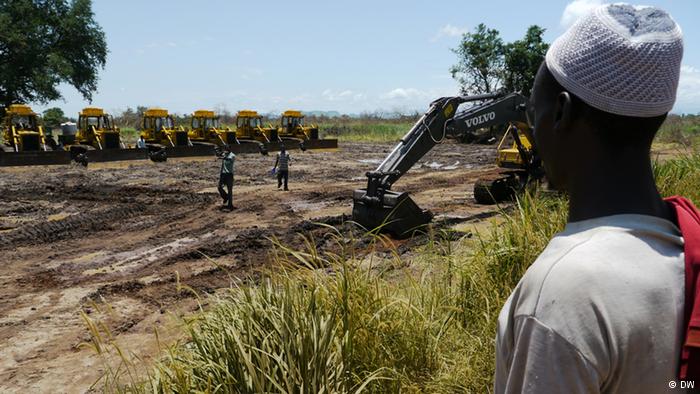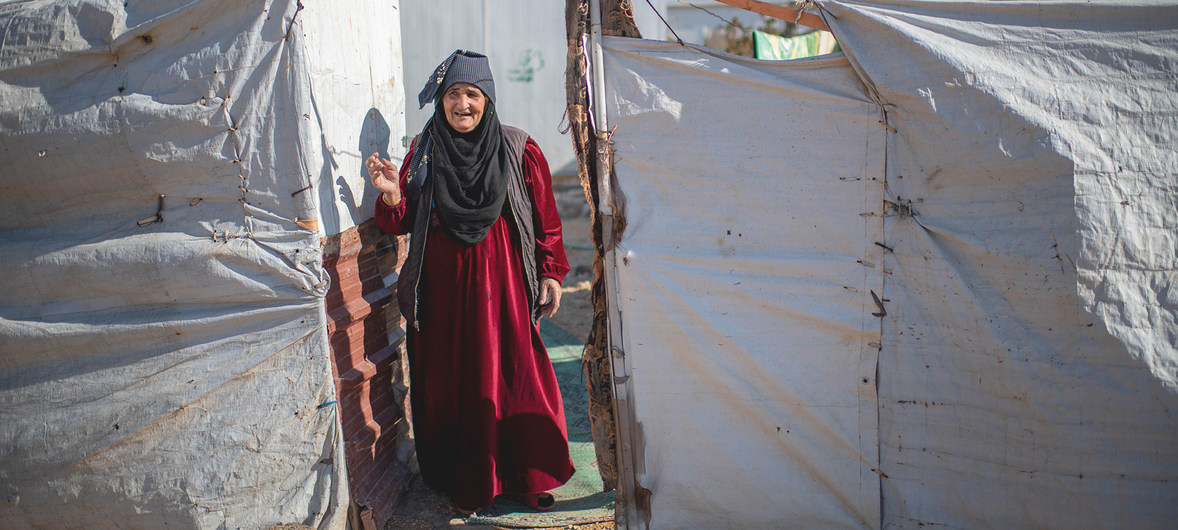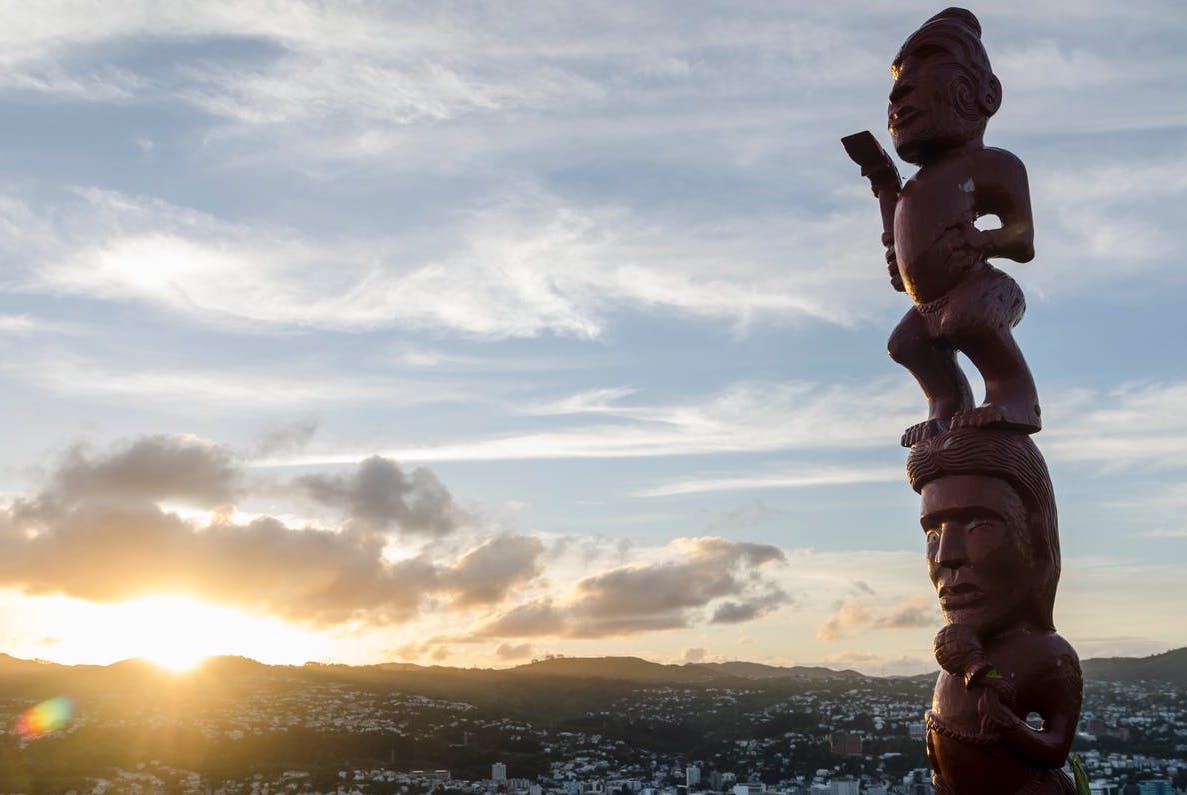
New Zealand declares ‘climate emergency’
The New Zealand parliament has passed a motion declaring a “climate emergency,” joining a growing number of nations that have formally acknowledged the crisis and approved similar declarations. The motion was supported by the Labour Party, the Greens and Te Pāti Māori, while the National Party and ACT opposed it. Prime Minister Jacinda Ardern moved the motion, calling climate change “one of the greatest challenges of our time,” and citing the “devastating impact that volatile and extreme weather will have on New Zealand and the wellbeing of New Zealanders.” The motion also notes “the alarming trend in species decline and [the] global biodiversity crisis, including the decline in Aotearoa’s indigenous biodiversity.” (Photo: Shutterstock via The Conversation)





